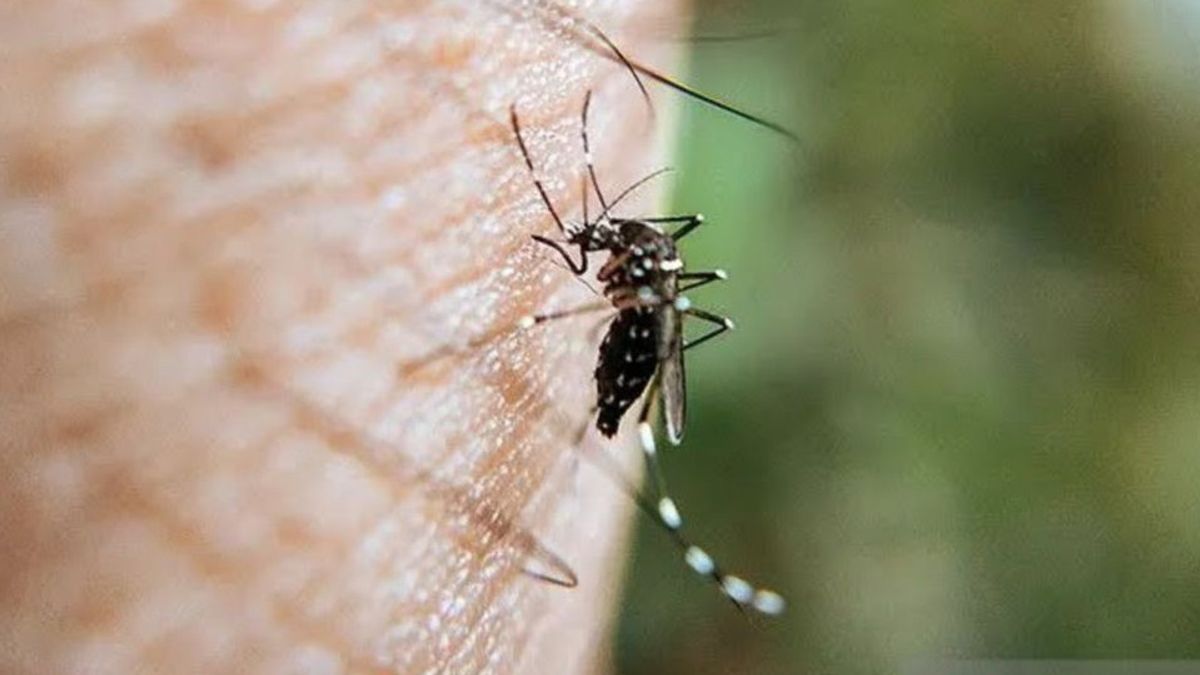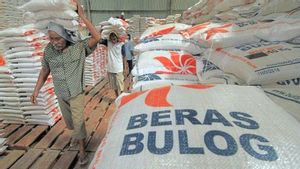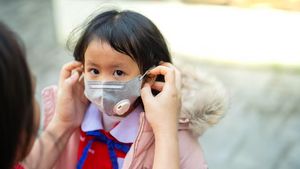JAKARTA - The transition season which is currently underway presents serious challenges for public health related to the increase in dengue hemorrhagic fever (DHF) cases.
Chairman of the Indonesian Doctors Association (PB IDI) Mohammad Adib Khumaidi explained that the high humidity level accelerates the development of the Aedes aegypti mosquito, the dengue disease vector.
"So this transition season is a season that is very desirable for dengue mosquitoes, so the potential for increasing dengue cases will be very high. The basis of this disease is also inseparable from the existing climate and weather, so that until around June there will be the potential for an increase in dengue cases, so people need to be careful," Adib told the media during a press conference in Jakarta, quoted from Antara, Saturday, March 2.
Adib also reminded the public to increase awareness of dengue fever that is not enough to only rely on health facilities prepared by hospitals, but also to be actively involved in prevention efforts.
Prevention of dengue can be started from oneself, such as maintaining personal health by increasing endurance, getting enough rest, consuming nutritious food, and exercising regularly.
"The personal basis used to be that people personally had to maintain their health, increase endurance, rest, eat nutritious food, eat more fruit, and exercise enough as an effort to strengthen our own immune system," explained Adib.
Furthermore, Adib said that environmental factors also play a role in increasing dengue cases. The habits of washing hands that have been instilled during the COVID-19 pandemic must be maintained.
In addition, environmental cleanliness is the key in preventing dengue fever. Efforts such as 3M (depleting, closing, burying) must be carried out consistently, including the use of abate larvae (vortex larvae).
SEE ALSO:
"What is even more important if you have discussed environmental factors, then of course efforts related to environmental hygiene issues are very important, 3M must be carried out as an effort to prevent dengue breeding, including larvae of abate and so on," he said.
In addition, first-level health facilities must increase surveillance capabilities. The finding of only one DHF case in an area must be followed up immediately to prevent the emergence of other cases.
By implementing a structured prevention mechanism, the community is expected to play an active role in maintaining health and reducing the risk of DHF transmission.
The English, Chinese, Japanese, Arabic, and French versions are automatically generated by the AI. So there may still be inaccuracies in translating, please always see Indonesian as our main language. (system supported by DigitalSiber.id)
















